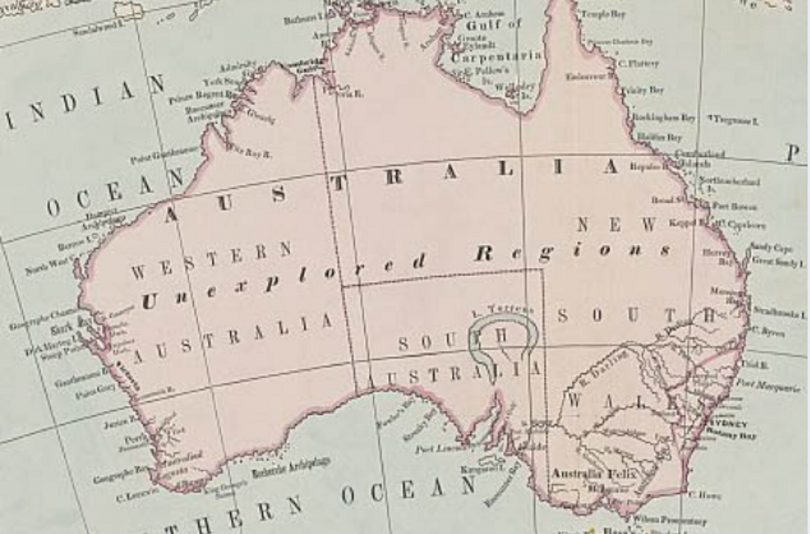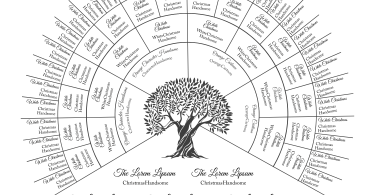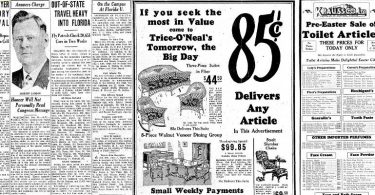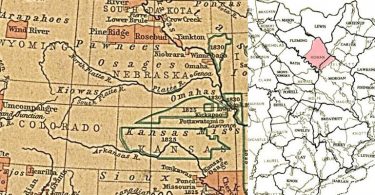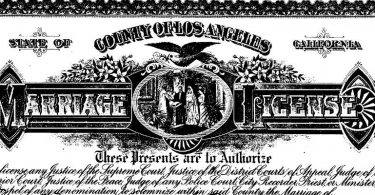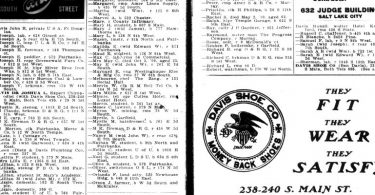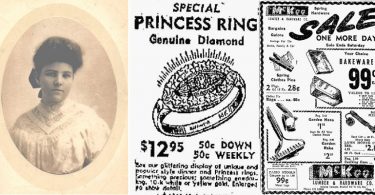Table of Contents
If you have Australian ancestry, you need to know the right source of genealogical information.
Australian genealogical records date back to the 18th century during European migration. However, the records have now piled up, given that the country boasts over 23 million people of diverse origins and ancestry.
The rich immigration history means that persons of Australian descent may have to conduct their ancestry research in two phases.
The first phase would involve perusing Australian records back to the point of the ancestors’ arrival. You may also need to gather enough records to find out your immigrant ancestors’ country of origin. This critical data would help you proceed with your research beyond Australia.
Sure, researching your Australian genealogy can be daunting; luckily, Record Click professional genealogists have access to numerous databases and resources locally and internationally.
As you will find out below, genealogy experts acquire crucial information that helps them conclusively meet proof standards and complete an extensive family tree for your family and lineage.
Key Takeaways
- In addition to tracing the necessary data resources, you must understand Australian geography and diversity.
- Once you identify the territory your ancestor likely lived in, you can start your expedition on birth, marriage, and death certificates.
- If you have Australian ancestry and are concerned about crossing the Pacific for information, we can help you narrow down the options and quickly determine your ancestors and their origin.
How To Trace Australian Ancestry
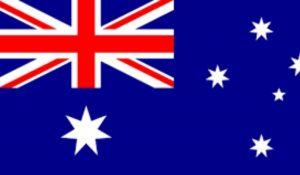
Australian Flag
In addition to tracing the necessary data resources, you must understand Australian geography and diversity. Australia has six states: Victoria, South Australia, New South Wales, Queensland, Western Australia, and Tasmania. Each of these territories has different record-keeping regulations, so you must establish the territory your ancestors lived in to trace them correctly.
-
Search Birth Records for Australian Ancestry
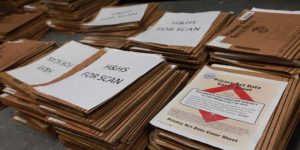
Records and letters in a library
Once you identify the territory your ancestor likely lived in, you can start your expedition on birth, marriage, and death certificates. These records are a significant part of genealogy research as they come with full names, venues, and dates. The state of Tasmania was the first to start keeping records dating back to 1839, with the rest following suit after a decade or so.
Australian birth certificates will help you determine the ancestor’s occupation, age, date, place of marriage, and other children born to the couple. Similarly, marriage certificates give the bride and groom’s full names, birthplaces, ages, and details of both sets of parents.
The death certificate provides the cause of death and other details of the deceased’s time in Australia. It also includes the children left behind, the full names, and ages of the spouse, if any.
You can access marriage and death records for Tasmania, New South Wales, Western Australia, and South Australia online. At the same time, Queensland and Victoria will charge you a fee to download uncertified copies.
-
Electoral Records
Electoral records also play a critical role in pinpointing an ancestor’s address and the times they lived. The federal and state government rolls began between the 1850s and 1901.
Historical electoral rolls are preserved in the state library in the respective state and possibly detail death dates. It’s also worth noting that Australia was among the first countries in the world to grant voting rights to women, meaning you won’t have a hassle tracking details for both genders.
-
Church Records for Australian Ancestry
Parish registers can provide crucial details when searching your Australian ancestry before civil registration. Victoria, Tasmania, and New South Wales are some of the territories with older establishment dates. However, details in church records may be scanty compared to later civil records. For example, marriage and baptismal entries may only provide names and dates, omitting the parents of the involved parties and the venue.
Nonetheless, the full names and dates could be relevant in progressing your genealogy and understanding your ancestors’ early life. The Parish registers are found in the state’s archives and sorted through the religious denomination.
-
Trips to Australia
While you can find a large number of resources online, a trip or two to Australia may be inevitable. Note that Australia is a vast country, and visiting different territories requires enough time, proper planning, knowing what sites to visit, and the information you need.
All the archives have websites showing the working hours and access conditions, so you need to check with them to avoid disappointment and time wastage.
Considering the budget and the time needed, finding the information you need might be impossible, and hiring firms with local genealogists for quick research may be worthwhile.
Record Click has access to Australian records, and it would help if you contact us for advice on the research and detailed analysis of your ancestry.
Exploring Your Australian Genealogy

Looking for clues and patterns
It would be a hassle commuting to all the archives from Melbourne to Victoria looking for records regarding your grandparents who lived back in the early 19th century. Instead, a comprehensive genealogy would identify even closer relatives who would be better guidance to your lineage in Australia and to the extension of Europe.
Tracking your Australian ancestor involves detailing the full names of every person connected to you. The family tree has proven most effective in expanding your family details with you as the root. Download free family tree samples and make family research a study and a fun activity in your living room. Every space in the family tree should include the person’s full name, special dates like birth and death, and other relevant information.
If you don’t have any reference material at your disposal, try online searches for any clues. Besides, you can visit the National Archives and General Registrar‘s office for all records from birth to census.
Hire Professional Genealogists at Record Click

Record Click Genealogy
A genealogist specializes in the descents of persons and knows the checkmarks of finding a specific ancestor. Record Click Professional Genealogists will expedite the process of unearthing personal information and help you understand the historical contexts.
Only a professional genealogist can perfectly navigate the national library and quickly track your story. They also come in handy when you want to ensure you get everything right during the Australian citizenship application by descent.
However, it’s advisable to contact your state’s consulate general office for directions on the application process, especially regarding descent, application fee, and duration. Of course, the first step in the citizenship application process starts by visiting the state’s consulate with your genealogy information and records.
Trace Your Australian Roots
If you have Australian ancestry and are concerned about crossing the Pacific for information, we can help you narrow down the options and quickly determine your ancestors and their origin. Contact us and share with genealogy experts about which project fits your needs.
READ MORE: 10 Tips for Family Tree Research in Australia

